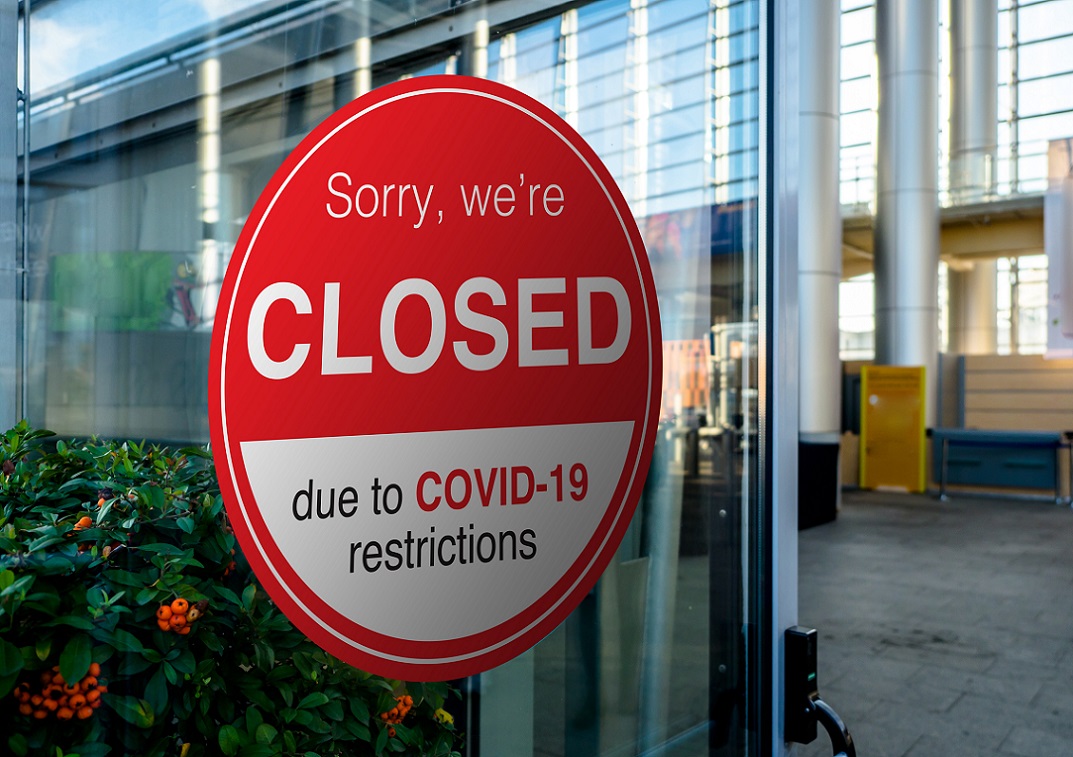What is voluntary administration?
A company is in financial trouble if it can’t pay its debts or is in such an uncertain situation that it may be unable to pay its debts in the near future.
When this happens, the company’s directors or owners may choose to put it into voluntary administration. They appoint an independent administrator to investigate whether there’s a way to keep the company going, for example:
- Paying off debts
- Restructuring
- Selling assets
Creditors or liquidators can also initiate a voluntary administration.
Expertise
Our insolvency lawyers practice in all areas of voluntary administration and are skilled in advising:
- Insolvency accountants
- Small and medium-sized enterprises
- Financial planners
Voluntary administration FAQs
A Deed of Company Arrangement is also known as a DOCA. It’s a legally binding agreement between the debtor company and creditors. It outlines the plan for managing the company’s finances and affairs and repaying its debts.
A DOCA may also outline a plan for the company to continue operating.
You are a creditor if a company owes you money. Usually, there are two types of creditors. Secured creditors have security over the debt, such as a bank using a house as security (or collateral) in case the borrower can’t repay their mortgage. On the other hand, unsecured creditors have no security over the debt.
In a voluntary administration, if there is any money to repay creditors, the usual order of priority is:
- The Administrator (to pay administration costs)
- Any secured creditors
- Employees
- Unsecured creditors
However, there’s no guarantee that these groups will receive all the money they’re owed. It depends on many things, including:
- The extent of the debts
- Whether the company can be made profitable
- If there’s a Deed of Company Arrangement (DOCA)
- The terms of the DOCA
- Any other relevant circumstances
Once a company enters voluntary administration, unsecured creditors can’t take (or continue) legal action to recover the debt unless they have permission from a court.
If you’re a creditor of a debtor company in voluntary administration, we recommend informing yourself about the process. You can:
- Read information on the Australian Securities and Investment Commission (ASIC) website
- Work out precisely what the debtor company owes you
- Go to any meetings held by the Administrator
- Read any information provided by the Administrator, especially financial reports
- Consider your options in light of the Administrator’s opinion about the company’s financial health
- Consider any Deed of Company Arrangement (DOCA) and check how it performs
If you’re uncertain about your rights or how to interpret financial information, consider seeking our legal advice.
The Administrator must hold the first creditors’ meeting within eight business days of the voluntary administration start date. The purpose of the meeting is to give the creditors a chance to review the information in the Administrator’s report. Then the creditors will attempt to agree on how the administration should proceed.
The second meeting is usually five or six weeks later. It gives the Administrator a chance to investigate the company’s affairs. The purpose of the meeting is to decide what should happen to the company.
As a creditor, your rights include:
- Receiving notice of creditors’ meetings
- Attending creditors’ meetings
- Voting at creditors’ meetings (provided that the Administrator has accepted your proof of the debt)
- Receiving the voluntary Administrator’s report
- Considering any proposed Deed of Company Arrangement (DOCA), which will set out a plan for managing the company’s debts
- Seeking a court review of the Administrator’s actions if there’s a dispute
- Reasonably requesting information from the Administrator
- Voting to appoint a reviewing liquidator with Administrator’s consent.
You can’t take or continue with any legal action against the company once it enters voluntary administration unless you have permission from a court.
The creditors can vote for a DOCA. It usually happens at the second creditors’ meeting, and the company must sign the DOCA within 15 days after a majority vote.
DOCAs can vary, but they have some elements in common, including:
- Identifying the relevant debts
- Identifying the property that will be used to pay off debts
- Setting out the creditor priority order for repayment (with employee entitlements usually being the top priority)
- Saying how long the DOCA will continue
- Saying what events will bring the DOCA to an end
DOCAs will also operate to:
- Bind all unsecured creditors, even those who voted against the DOCA
- Bind all secured creditors who voted for the DOCA
- Bind the owner of the business premises if the owner voted for the DOCA
The voluntary Administrator usually oversees the DOCA.
Yes, you can ask for a DOCA as a creditor, although the company directors usually suggest it. You can request that specific things be included in a DOCA’s terms before voting on it.
If the company breaches or doesn’t comply with the DOCA terms, the DOCA may fail. If this happens, the creditors can vote to end it.
A creditor or the Administrator can also apply for court orders to terminate the DOCA for reasons including misleading creditors or failing to act in good faith. The likely result of a termination is that the company will be liquidated or wound up.
A creditor may agree to a DOCA if it’s more likely to provide a better return than liquidation. A DOCA allows the company to continue trading, which may also give a greater chance of debt repayment.
Often, the Administrator’s report will compare the possible outcomes of DOCA with liquidation. It allows creditors to make an informed decision.
The DOCA will usually set out the circumstances in which it can be terminated. For example, the DOCA will end:
- When the company meets all requirements
- If a creditor successfully applies for court orders to terminate
- If the creditors vote to terminate at a creditors’ meeting
Voluntary administration services for creditors
Learn more about our voluntary administration services in Melbourne and Victoria.
Voluntary administration and insolvency articles
Bankruptcy, insolvency and coronavirus: What you need to know
Chasing debts in a global pandemic: Latest developments in Australian insolvency laws and processes


